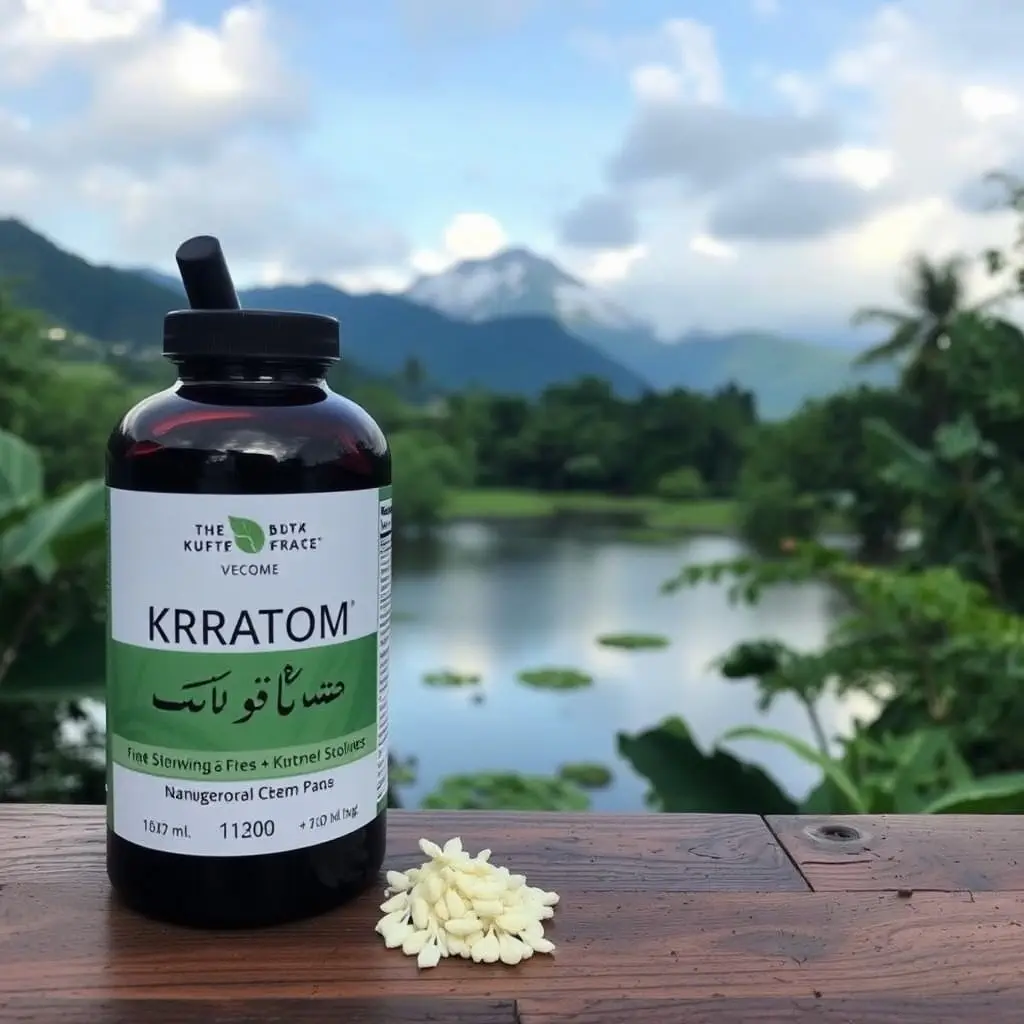Kratom, derived from the tropical tree Mitragyna speciosa, holds promise as an addiction treatment aid due to its opioid receptor interaction and reduction of cravings. However, its legal status varies globally, requiring users to understand local laws to avoid legal issues while traveling with kratom. For those in recovery, incorporating kratom during travel can maintain consistency in routines and support sustainable healing. Seeking guidance from healthcare professionals ensures a safe and effective use of kratom as an adjunctive tool, especially when navigating its legality and considering personal health needs.
Kratom, derived from the tropical plant Mitragyna speciosa, has gained attention as a potential aid in addiction treatment and recovery. This natural substance offers an alternative approach to traditional therapies. In this article, we explore Kratom’s effectiveness in combating addiction, including its mechanism of action. We also delve into legal considerations surrounding can you travel with kratom, especially when used for medical purposes, and provide insights on incorporating it into a holistic recovery strategy.
- Understanding Kratom and Its Potential for Addiction Treatment
- Legal Considerations and Travel with Kratom
- Incorporating Kratom into a Holistic Recovery Plan
Understanding Kratom and Its Potential for Addiction Treatment
Kratom, derived from the tropical tree Mitragyna speciosa, has gained attention in recent years as a potential tool for addiction treatment and recovery. Often referred to as a “game changer” in the realm of substance abuse rehabilitation, kratom offers a unique approach to managing cravings and withdrawal symptoms. Its active compounds, mitragynine and 7-hydroxymitragynine, interact with opioid receptors in the brain, providing analgesic effects and potentially reducing the intensity of drug cravings.
Traveling with kratom, or considering it as an option for addiction treatment, involves understanding its legal status and safety considerations. While some countries allow the possession and use of kratom for medical purposes, others have stringent regulations due to concerns related to misuse and addiction. It’s crucial to research and adhere to local laws when traveling with kratom. Additionally, seeking guidance from healthcare professionals or specialized addiction treatment centers can help navigate the potential benefits and risks, ensuring a safe and effective approach to recovery.
Legal Considerations and Travel with Kratom
Kratom’s legal status varies across countries, and understanding these regulations is crucial before considering it for addiction treatment or travel. In many nations, kratom is either fully banned or restricted to certain medical uses. For instance, some countries have classified it as a Schedule I controlled substance, implying its use is severely limited or prohibited entirely. On the other hand, several locations recognize its medicinal benefits and allow prescription-based access under strict supervision.
If you’re planning to travel with kratom, ensuring compliance with local laws is essential. Different destinations have distinct rules regarding herbal supplements and controlled substances. Some countries may permit personal use amounts, while others might not tolerate any form of kratom possession. It’s advisable to check the specific regulations of your destination and understand the potential consequences to avoid legal issues during travel.
Incorporating Kratom into a Holistic Recovery Plan
Kratom, derived from the leaves of the Mitragyna speciosa plant, has gained attention as a potential tool in addiction recovery. When incorporated into a holistic recovery plan, kratom can offer benefits tailored to the unique needs of individuals seeking to overcome substance use disorders. Holistic treatment recognizes that physical, mental, and emotional well-being are interconnected, and thus, a comprehensive approach is essential for sustainable recovery.
Traveling with kratom, when legally permitted, can be a part of this holistic strategy. For those in recovery, maintaining consistency in their routine, including access to approved supplements like kratom, can be crucial during transitions or while away from home. This might include travel or relocation, ensuring individuals can continue their treatment journey without interruption, thereby enhancing the likelihood of successful long-term recovery.
Kratom holds promise as an alternative tool in addiction treatment, offering potential benefits for those seeking recovery. However, it’s crucial to approach its use with caution and within a holistic framework. Understanding both the plant’s capabilities and legal limitations, such as regulations around can you travel with kratom, is essential. Incorporating Kratom into a well-rounded recovery plan that includes therapy, support groups, and other evidence-based practices may help individuals achieve lasting sobriety. Always consult healthcare professionals for personalized guidance.






